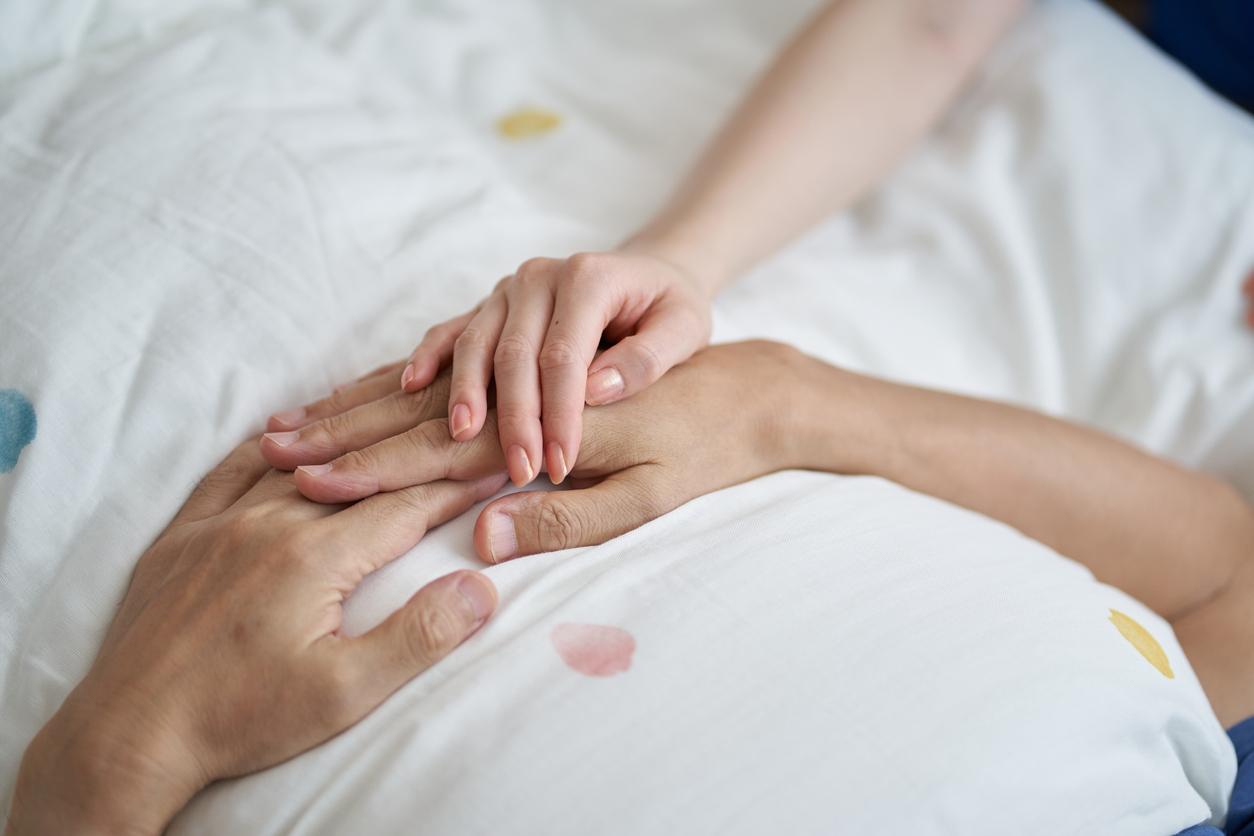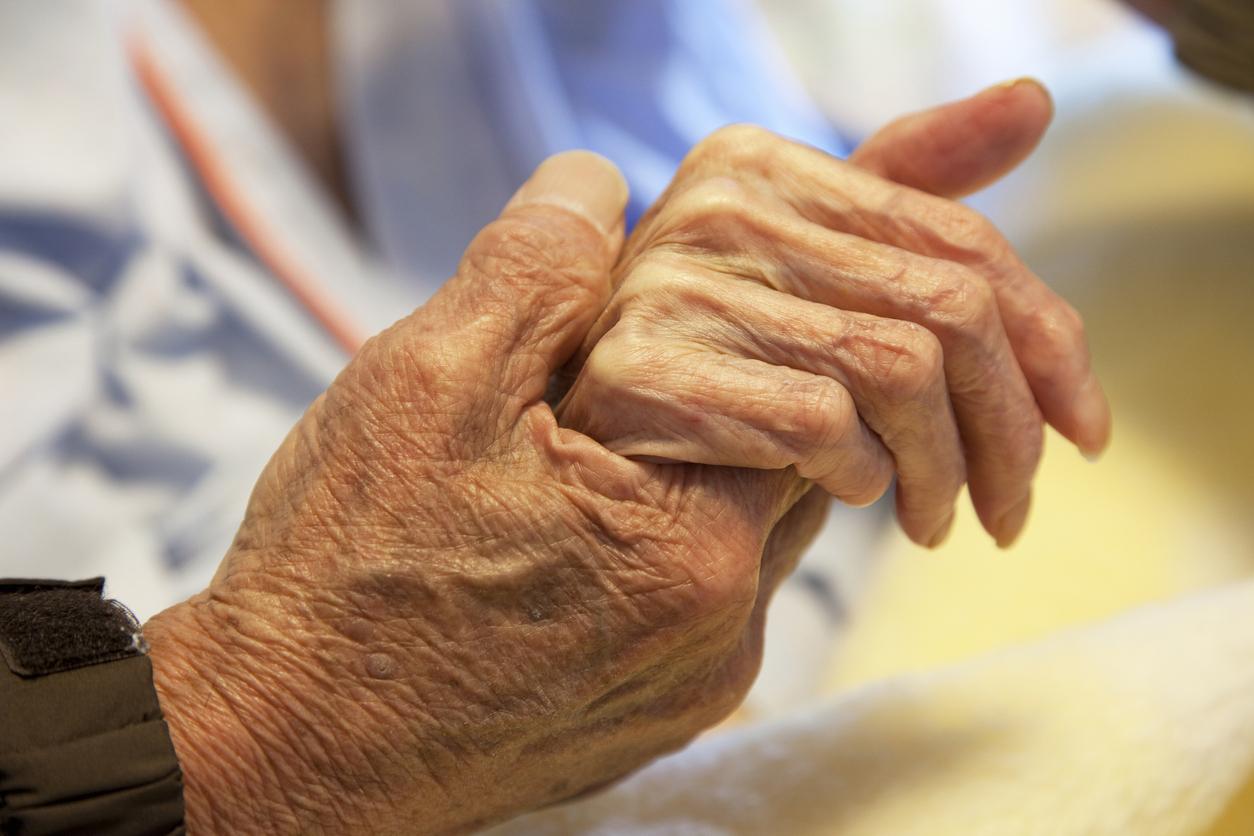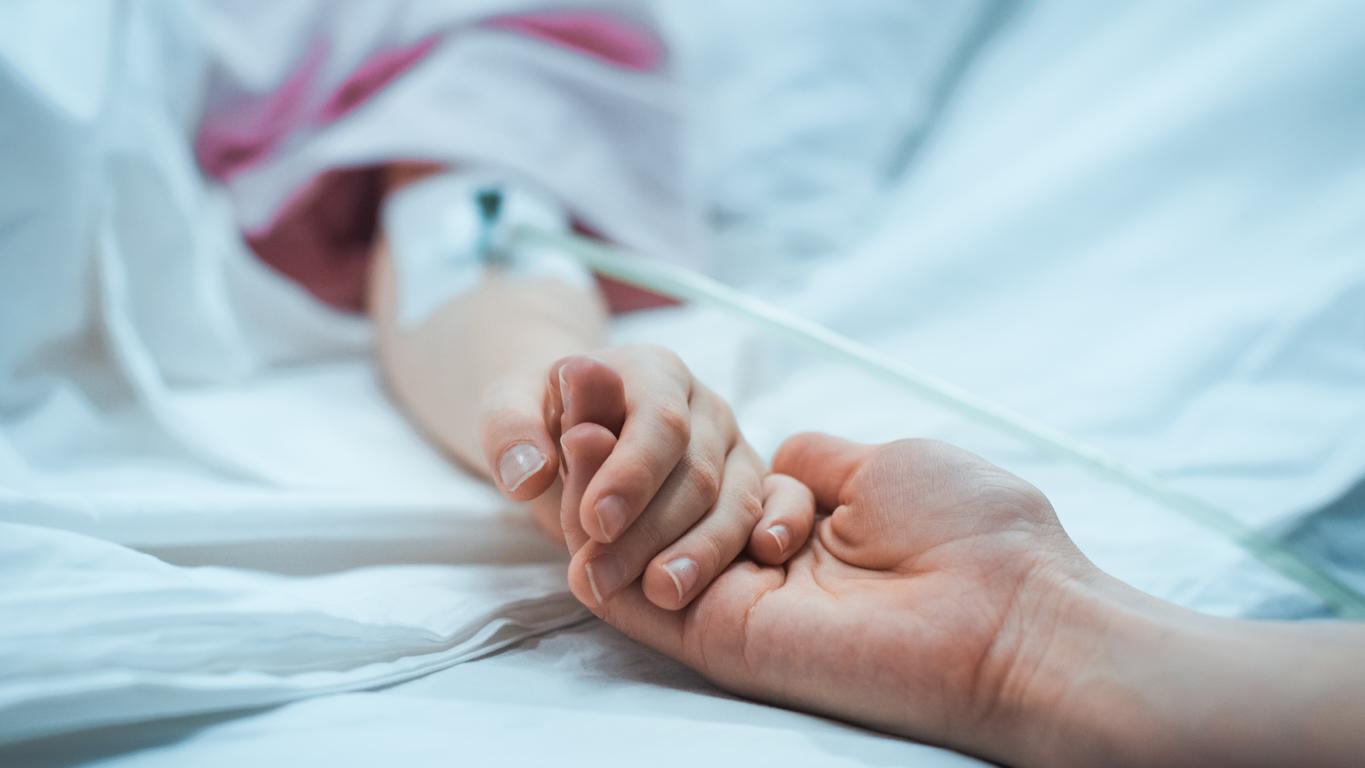The administrative court asked for a new medical expertise to “determine the clinical picture” of Vincent Lambert, before ruling on a final cessation of care.

the Administrative court of Châlons-en-Champagne (Marne) ordered a new medical expertise to “determine the clinical picture” of Vincent Lambert. This decision follows that of the Reims University Hospital, which recently declared itself in favor of stopping the treatment of the 41-year-old quadriplegic patient who had been alive in a vegetative state for 10 years. The judges indeed consider this step “necessary” before ruling “definitively” on the cessation of treatment decided by the hospital center.
The launch of a new medical expertise is good news for the parents of Vincent Lambert who, unlike his wife, do not want the care to be stopped. “It is not a definitive victory because everything will depend on the expertise but it is a first and great victory”, declared Me Jean Paillot, one of the lawyers of the parents, welcoming nevertheless “a measure of prudence” of justice and a “disavowal” of Dr. Sanchez. The latter had at the end of a fourth collegial procedure launched in September, concluded in “unreasonable obstinacy” and decided to stop artificial feeding, as well as to decrease the hydration of the patient.
A “victory” for the parents of Vincent Lambert
According to his parents, Vincent Lambert would now be able to make sounds, swallow and communicate. The couple presented two videos shot at the hospital in 2015 and April 2018 to the judges attesting to this. His health “has evolved favorably: we can no longer say that he is in a vegetative state as the panel of experts before the Council of State had claimed” in 2014, explained Me Jean Paillot. In short, the patient’s parents, Catholics and firmly opposed to an orchestrated end of life, consider that their son is “disabled”, but capable of making progress thanks to rehabilitation.
What is stopping treatment?
How does this step take place? There is a very precise protocol, but it is difficult for a doctor to talk about a medical act, even if it should. However, this is not active euthanasia, which is prohibited in our country. In the case of Vincent Lambert, there is an “end of life” protocol, which consists in stopping the patient’s diet and hydration, and in prescribing anesthetic drugs.
As terrible as it sounds, it can mean “letting the patient die of thirst and hunger”. But two important factors must be taken into consideration: the brain only functions automatically, without consciousness and the anesthetic drugs used leave no room for moral or physical suffering. You should know that today we use products a million times more powerful than morphine.
Active and passive euthanasia
Why don’t doctors use the deadly drugs they know perfectly well? Quite simply because the law is very strict. Deliberately and quickly ending a life to put an end to suffering is called “active euthanasia” and is assimilated in France to homicide. In contrast, stopping treatment or giving large doses of pain medication with the intention of providing relief, even at the risk of shortening life, is called “passive euthanasia”. The nuance is important.
.
















